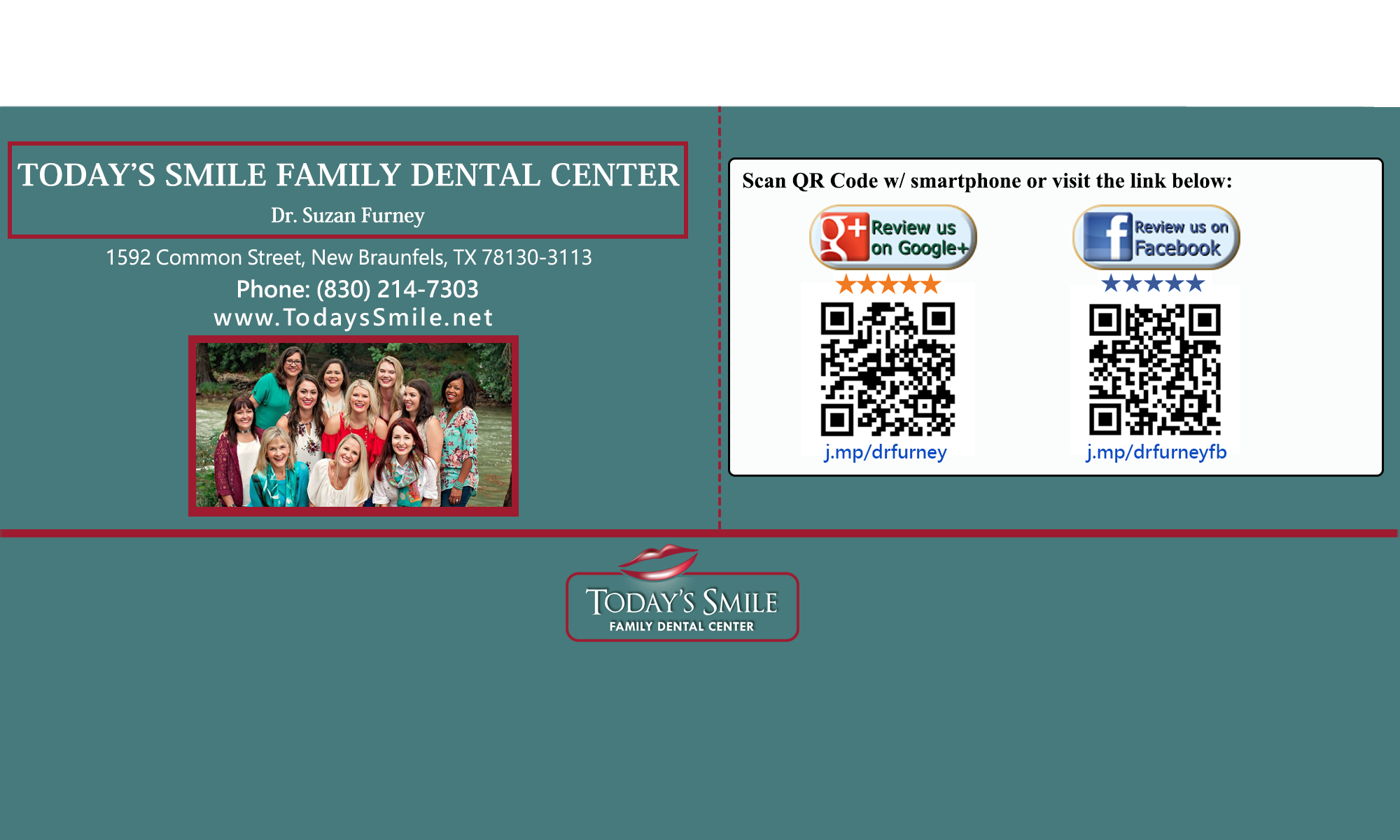These days many people like to use a mouthwash and there is a huge range of options to choose from.
The key to choosing the right one for your needs is being clear about what you are using it for.
Many people opt for mouthwash because they want to have fresh breath.
But many mouthwashes contain alcohol which can cause the mouth to dry. It’s best to minimize the chances of suffering from dry mouth as it can increase your risk of tooth decay and gum disease.
Therefore if you want fresh breath, a breath spray or drops may meet your needs better.
Another reason for using mouthwash is when you’ve been told you have a gum disease such as gingivitis. In this case, you’ll need to choose a mouthwash that contains ingredients known to kill the bacteria that cause gingivitis.
If you like to use a mouthwash that improves your oral health, use one that contains fluoride.
Read the directions of your mouthwash and make sure you spit it out.
Don’t assume that the most expensive mouthwashes are best. Think carefully about your needs and check the ingredients.
Your dentist will be able to advise you on the best choice of mouthwash.
